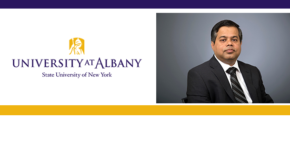Tag: Health
-

Scott Hall, University of Dayton – Emotional Well-Being of Patients
On University of Dayton Week: Healthcare shouldn’t be limited to physical ailments. Scott Hall, professor of counselor education, determines another important area of treatment. Scott Hall, professor of counselor education at the University of Dayton, is co-author of Managing the Psychological Impact of Medical Trauma: A Guide for Mental Health and Health Care Professionals. As…
-
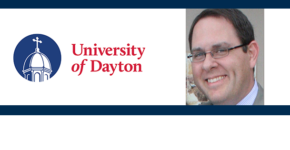
Chad Painter, University of Dayton – Newspaper Coverage of Opioid Addiction
On University of Dayton Week: How newspapers report on an issue can have a big impact. Chad Painter, assistant professor of communication, describes how. Chad Painter is an assistant professor of communication at the University of Dayton, where he teaches courses in journalism and mass communication. He studies media ethics with emphases on the depiction…
-
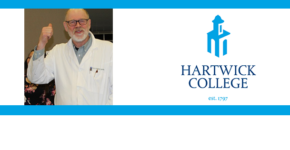
Stanley K. Sessions, Hartwick College – Heart Disease
On Hartwick College Week: Regenerating lost heart tissue would be a boon to our health. Stanley K. Sessions, professor of biology, looks to the salamander to find out how. For the last 30 years, Dr. Stanley K. Sessions has worked in the Department of Biology at Hartwick College where he teaches Animal Development, Vertebrate Zoology,…
-
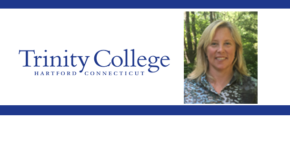
Susan Masino, Trinity College – Ketogenic Diet
On Trinity College Week: Can your diet help you avoid epileptic seizures? Susan Masino, professor of applied science, looks into this question. Dr. Masino is the Vernon Roosa Professor of Applied Science at Trinity College and a joint appointment in Neuroscience and Psychology. Her research focuses on promoting and restoring brain health, with a particular…
-
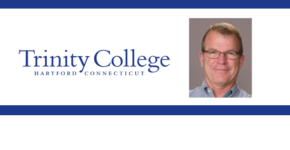
William Church, Trinity College – Cell Death and Parkinson’s Disease
On Trinity College Week: To help fight Parkinson’s disease, catch it earlier. William Church, associate professor of chemistry and neuroscience, examines the importance of early detection. Professor Church grew up in Virginia and received a B.S. in Chemistry at James Madison University. After taking a year off to work in a hospital where he realized…
-
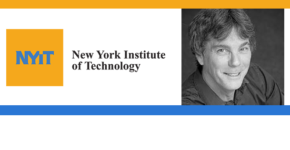
Kurt Amsler, New York Institute of Technology – Averting the Imminent Physician-Scientist Shortage
Medical innovations are on a downward trend. Kurt Amsler, professor of biomedical sciences at the New York Institute of Technology, explores why. Throughout his career, Kurt Amsler has focused his research on epithelial physiology, with a particular emphasis on renal physiology. His research has covered multiple areas including basic epithelial transport physiology, cystic fibrosis, polycystic…
-
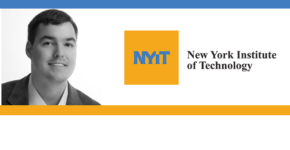
Bryan Gibb, New York Institute of Technology – Antibiotic Resistance
On New York Institute of Technology Week: Antibiotic superbugs are becoming more and more deadly. Bryan Gibb, assistant professor of life sciences, looks into how to fight back. Bryan Gibb completed his Ph.D. at the University of Pennsylvania in the laboratory of Gregory D. Van Duyne and studied the molecular mechanisms of DNA recombination enzymes…
-
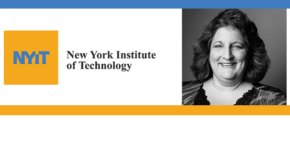
Pamela Treister, New York Institute of Technology – Uncompensated ER Care
On New York Institute of Technology Week: Uninsured E.R. visits are costly for hospitals. Pamela Treister, clinical assistant professor of nursing, determines preventive care can help alleviate this cost. As a nurse for more than 30 years, Pamela Treister has had the opportunity to have worked in many specialty areas: Trauma/Emergency Room, Neurosurgical ICU, Respiratory…
-
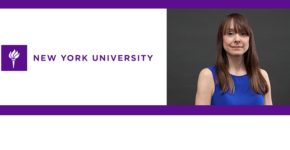
Jennifer Pomeranz, New York University – State Laws Limit Local Control Over Food and Nutrition
Business interests are passing laws against public health interests. Jennifer Pomeranz, assistant professor of public health policy and management at New York University, discusses why state laws can be important for our health. Professor Jennifer Pomeranz is a public health lawyer who researches policy and legal options to address the food environment, obesity, products that…

